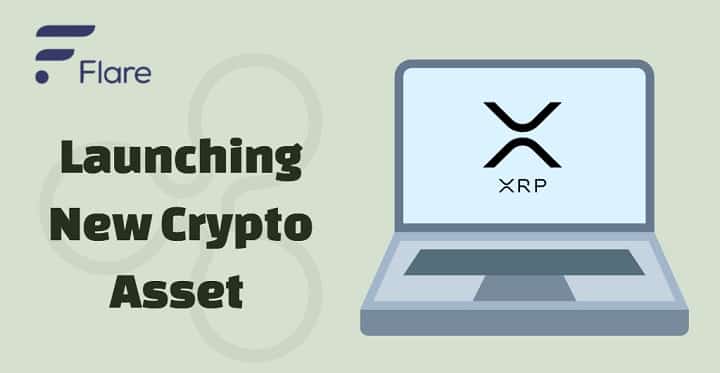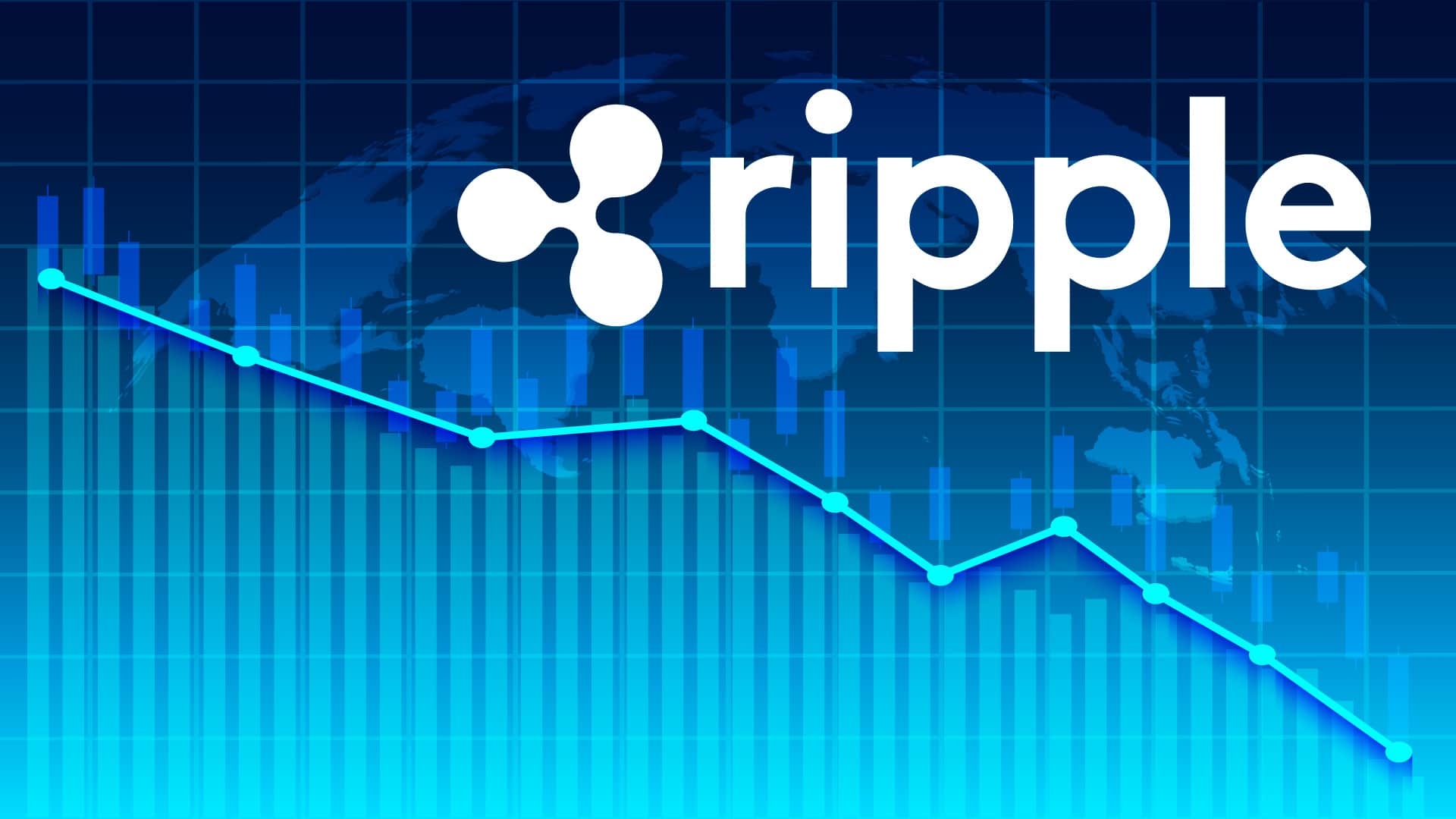When it comes to cryptocurrencies, you cannot overlook the imprint made by the globally-acclaimed blockchain network, Ripple. Developed by a U.S-based technology firm, Ripple Labs Inc., the platform shines as a potential P2P, open-source, distributed framework which runs as a real-time gross settlement system, currency exchange network, and worldwide remittance channel. Studded with a super-fast speed capable of processing transactions in less than four seconds span and high scalability power of managing 1,500 transactions per second, the Ripple ledger has managed to become a hot-shot choice for big industrial domains like banks and financial institutions. The network manages its transactions through its native cryptocurrency XRP which stands tall as the third leading crypto coin in terms of market capitalization.
Ripple is not just famous for its unprecedented features and revolutionary services but is also equally a part of some controversial discussions and topics in the crypto world. One such long-standing unsolved hot topic revolves around Ripple’s core nature- discussing if the crypto coin is centralized or decentralized. This article will try to explore the facts that could clear the air for crypto enthusiasts worldwide. Before moving any further, let’s first understand what actually is decentralization.
Is Ripple Decentralized or Centralized?
Decentralization works as the core basis of cryptocurrencies, as well as their underlying pedagogy, blockchain technology. In a decentralized ecosystem, there does not exist a central authority; rather, all the participating nodes on the network share and validate information on the blockchain itself. Mining is an important part of any decentralized crypto coin network as it plays a significant role in adding value for the investors as well as helps in its expansion globally over time. According to blockchain experts, for decentralized systems, miners are the channelizing force behind the network and the power and influence of each miner is defined by each system individually. Surprisingly, the XRP blockchain does not support mining activities. XRP was pre-mined by Ripple Labs and when a total of 100 billion XRP were released, 63 billion of the coins were owned by the creator firm itself, As per Ripple news. This contradicts XRP being decentralized and presents it as a centralized currency with majority power lying with one entity. To sustain its market position, Ripple has been making constant efforts to disburse its control by strategic partnerships and charitable initiatives; however, it could be decades before the firm owns a minority stake of its native currency.
A lawsuit has been filed recently against Ripple Labs Inc., XRPII LLC, and its CEO Brad Glaringhouse, alleging securities fraud by Brian J. Robbins, managing partner of Robbins Arroyo LLP. The case has been filed against San Diego college senior David O’connor. Mr. Oconer, through his legal team, has emphasized that Ripple tried to manipulate the price of XRP while putting tens of millions of XRP tokens in an escrow account to create an arbitrary scarcity in the market. You can check current price and Ripple price prediction from our other page. This is the third lawsuit filed against Ripple, which claims XRP as security defined under the US regulatory guidelines. All this further supports XRP being a centralized asset governed by Ripple Labs.
Ripple: More Decentralized Than Bitcoin and Ethereum?
To shut down the various speculations made by crypto pundits concerning whether XRP is decentralized or centralized, Garlinghouse has affirmed that XRP is very much decentralized. He stated that Ripple runs seven public validators, which apparently is about four percent of all the public validators. The chief quoted that

Unlike Bitcoin and Ethereum, which are fully decentralized networks, XRP still finds itself between the two methodologies.
How Ripple Creates Consensus in the Network?
Different cryptocurrency networks use different consensus mechanisms, which makes them stand out from each other. Where Bitcoin uses the Proof-of-Work mechanism, Ethereum uses the Proof-of-Stake system; Ripple is based on the Ripple Protocol Consensus Algorithm or the RPCA. This notable mechanism tries to solve the issue of double spending on the network and is basically based on trust. In XRP, transactions are included in the next ledger only when the validators agree upon them. Each node in the network is connected to a freely selectable number of validators. After the validators get agreed on a set of transactions, an approved ledger is created, and the network then moves to the next one. Notedly, no single validator controls this forward progression process; rather, the entire network has a role play in it. As soon as more than 80% signal a matching order of transactions, the order gets accepted. In case of a non-achievement of 80% agreement, the process gets stopped. The XRP validators need to agree on the ordering of transactions to solve the double-spending issue.
Ripple XRP Future Plans on Decentralization
The Ripple community aspires to serve the global customer base with unmatched excellence of decentralization and blockchain technology. It aims to infuse higher decentralization standards to its network by constantly upgrading and updating its core setup. Recently, the XRP Ledger released its version 1.5.0, which had an array of improvements, including API versioning, support of gRPC API, UNL propagation through the peer network, enhanced package building, improved CLI parsing, augmented submit method, etc. It aspires to strengthen its validator network in the future to make the entire consensus mechanism more decentralized in general nature.
Conclusion
Ripple, undoubtedly is one of the strongest projects available in the market with an amazing market capitalization rate. It is widely accepted by huge banking and financial entities. Despite all this, the crypto coin often finds itself surrounded by allegations of being centralized in nature. For many, Ripple’s consensus module will always be incompetent to meet the decentralization requirements expected from a crypto coin. Well, in any case, we would have to wait to finally lay a stronger analysis on Ripple being centralized or decentralized.






